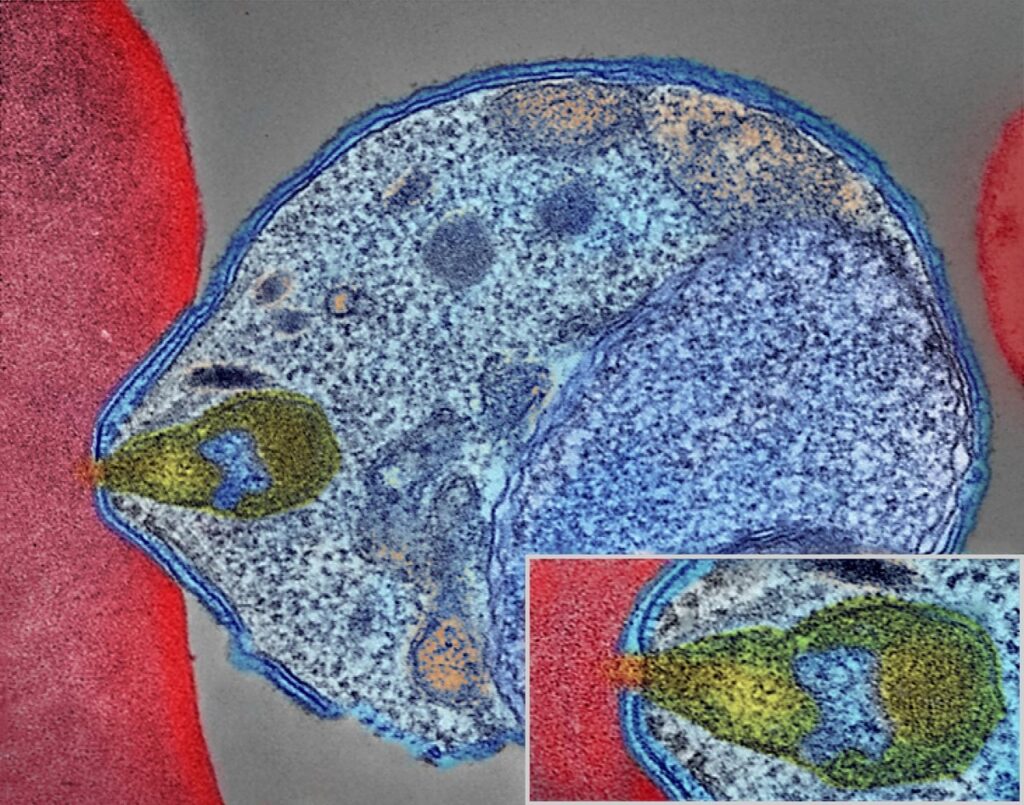Clinical-stage biotechnology firm Atreca has signed a licensing agreement with the Bill & Melinda Gates Medical Research Institute (Gates MRI) for the development of a monoclonal antibody to prevent malaria.

Gates MRI plans to develop MAM01/ATRC-501 as a malaria prevention treatment for paediatric and infant patients. Credit: NIAID / commons.wikimedia.org.
Subscribe to our email newsletter
Clinical-stage biotechnology firm Atreca has signed a licensing agreement with the Bill & Melinda Gates Medical Research Institute (Gates MRI) for the development of a monoclonal antibody to prevent malaria.
The monoclonal antibody, MAM01/ATRC-501, targets a malaria protein, called circumsporozoite.
It is an engineered version of the human monoclonal antibody which is generated after receiving the Mosquirix vaccine.
In many in vivo mouse studies, the antibody was found to protect animals against malaria infection.
Under the terms of the deal, Gates MRI will lead the antibody development and receive commercial rights in countries eligible for GAVI support while Atreca will retain the commercial rights in the US, Europe as well as regions in Asia.
Atreca president and CEO John Orwin said: “The announcement is the result of an extensive collaboration to identify protective antibodies against malaria that we initiated with the Bill & Melinda Gates Foundation in 2013 and which has involved multiple research organizations and academic institutions as collaborators.
“We are excited that the Institute has decided to move forward with the development of MAM01/ATRC-501.
“While our current drug discovery efforts focus on oncology, malaria prevention remains a major unmet medical need, and we are proud and gratified to be collaborating with the Institute on a potential antibody-based prophylactic.”
Gates MRI plans to develop the monoclonal antibody to prevent malaria in paediatric and infant patients in malaria endemic regions.
Meanwhile, Atreca plans to develop MAM01/ATRC-501 to prevent malaria for people traveling to regions where it is more circulating.
Malaria is a mosquito-borne disease that impacts South and Southeast Asia, Africa, the Middle East, Central and South America, the Caribbean, and Oceania.
According to WHO, 229 million malaria cases and more than 400,000 malaria deaths were reported in 2019.
 Advertise With UsAdvertise on our extensive network of industry websites and newsletters.
Advertise With UsAdvertise on our extensive network of industry websites and newsletters.
 Get the PBR newsletterSign up to our free email to get all the latest PBR
news.
Get the PBR newsletterSign up to our free email to get all the latest PBR
news.

